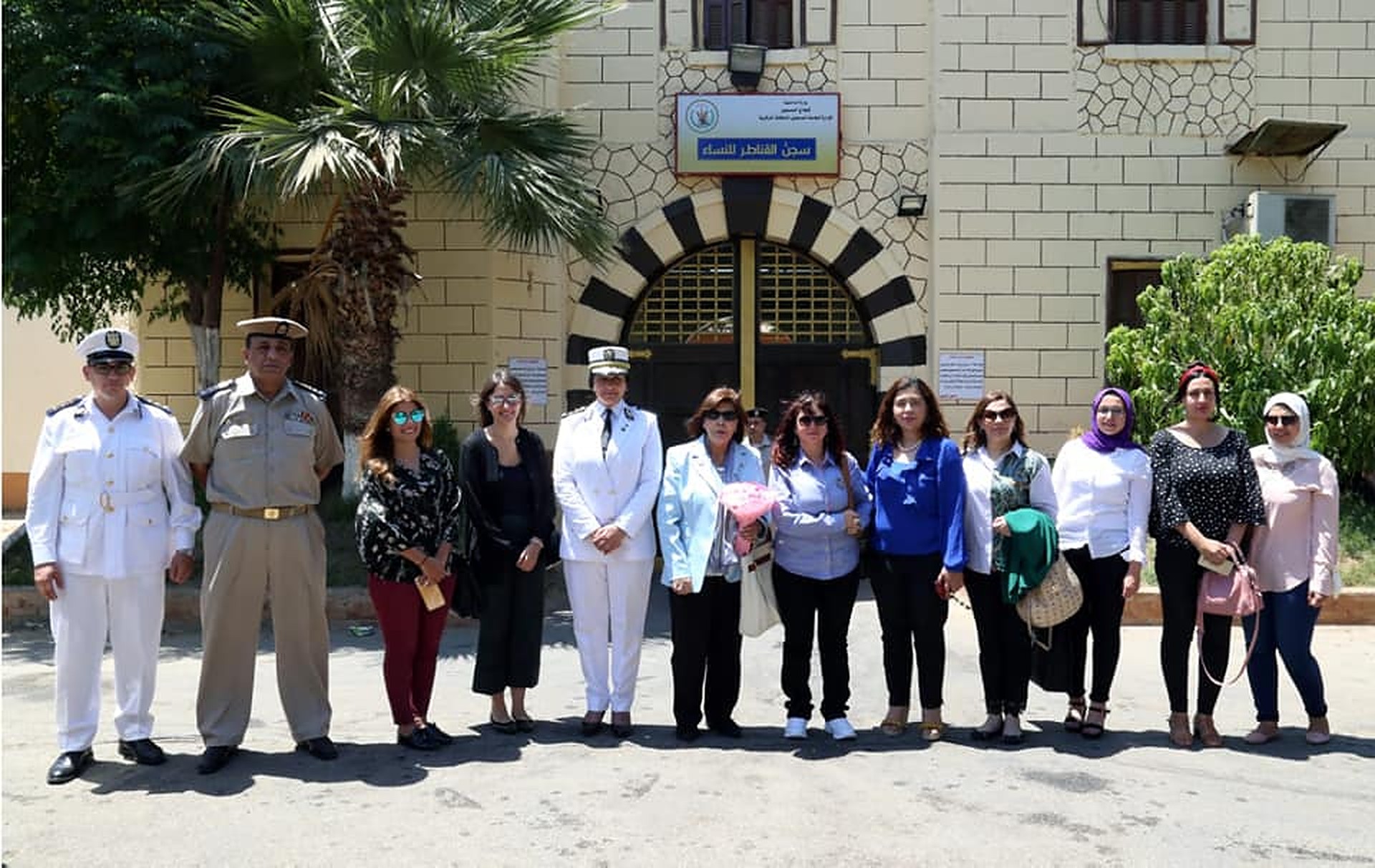In an effort to strengthen its collaboration with Egypt’s Ministry of Interior, a delegation from the National Council for Women (NCW) in Egypt visited women’s prisons in Al Qanater in the presence of Dr. Ahlam Hanafi, a member of the Council, and a group of human rights officers, according to a statement by the National Council for Women.
In a statement, NCW said that Dr. Ahlam Hanafi provided important advice on the significance of treating women with care and taking into account the social, humanitarian and health factors, ensuring that the women will be rehabilitated to return back to society as healthy citizens.
The delegation also observed the various aspects of care provided to the women in prisons, as NCW noted in the statement.
World Health Organization (WHO) published a report in 2009 on women’s health in prison, which raised issues of gender inequality and insensitivity towards the treatment of women in prisons, and its general neglect by the public.
Since their foundation, prisons were built to cope with the needs of the male majority, yet with the recent rise of women in prisons, there has been lack of attention to the more complex health needs of women at key moments of their lives. For instance, WHO reports that many women in prisons suffer more from mental health problems to a higher degree than male prisoners, with a higher percentage of self harm, depression and suicide,
Moreover, many imprisoned women are mothers and the primary or sole carers for their children, meaning that an imprisoned mother often leads to family break up, resulting in many children ending up homeless with no sufficient care provided to them.
Nazra for Feminist Studies in Egypt published a paper in 2017 on the situation of women prisoners in Egypt, highlighting the violence, discrimination and exploitation they face and the stigmatization they suffer from inside and outside prison, even by their own families.
Lobna Darwish, who heads the gender and women’s rights department at the Egyptian Initiative for Personal Rights (EIPR) and is a researcher for the campaign ‘Periods in Prison’ told Mada Masr that “although the menstrual cycle is a normal part of women’s health, there are no preparations for this inside prison.”
The campaign is calling for changes in the law that would recognize the needs of women’s bodies, and calls on the Interior Ministry to “disburse female sanitary pads to last an average period length of seven days, on a monthly basis.”






Comments (0)